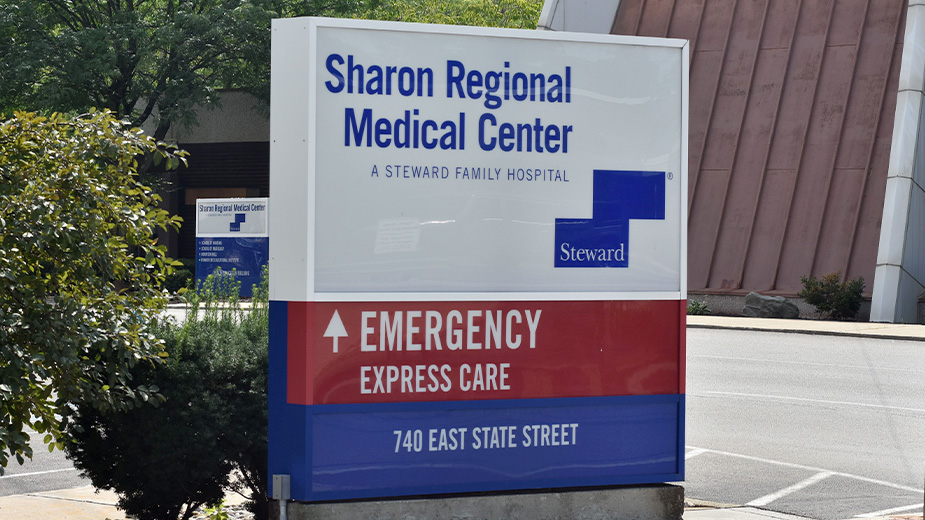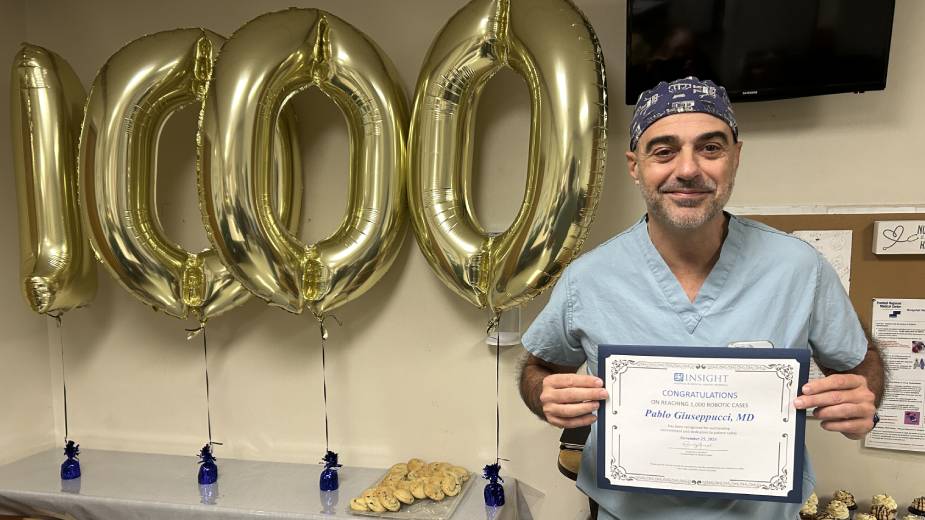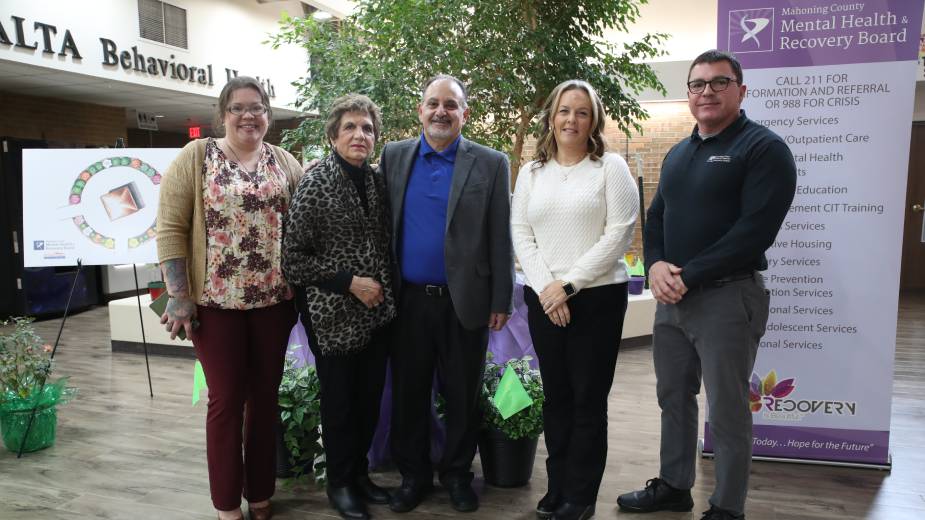Mahoning Valley Pathways Seeks Community Health Workers
YOUNGSTOWN, Ohio – The Mahoning Valley Pathways Hub is seeking proposals from area agencies to hire two to four community health workers to provide community-based care coordination.
The goal is to address and reduce health disparities faced by Mahoning County residents by eliminating barriers to health and well-being for at-risk populations. The Mahoning Valley Pathways Hub, or MVPH, a division of Mahoning County Public Health, was recently awarded renewal funds for 2022 to expand its evidence-based Pathways Community Hub program geared toward reducing disparities in two key areas: infant mortality and chronic disease.
During a virtual discussion Friday, Michelle Edison, director of health equity, strategies and initiatives for Mahoning County Public Health, explained that the community health workers would work to identify the needs of community members, connect them with available local resources and follow up with their progress.
“It’s really about collaboration and identifying those at risk … people who have great opportunity for improvement,” Edison said. “They are supporting and assisting the client to achieve whatever goal and outcome they need.”
When looking at county data on the focus areas of infant mortality and chronic disease, the area tends to have higher instances compared to the national average, she said. The data shows a racial disparity as well, as Black residents – who make up about 16% of the county’s population – have higher birth outcomes such as prematurity, low birth weight and infant mortality, when compared to other races.
“When we look at the cases we reviewed, over half of those cases were to Black mothers,” she said.
There is also a racial disparity regarding chronic disease outcomes. There were higher instances of mortality among Black residents who suffer from heart disease and stroke compared to other races.
Part of the community health workers’ job will be to identify the barriers that prevent residents from having good health outcomes, Edison said.
Data from the county’s community health assessment in 2019 showed 15% of residents needed assistance with transportation, 27% reported living two or more miles away from healthful foods with 14% needing help to access healthful foods, 34% of the population reported not exercising in the past week, 35% of the population is overweight and 21% is obese.
“It is a way to help identify and mitigate those barriers,” Edison said. “The more we can get community health workers into the county and community, the better off our citizens will be.”
Currently, MVPH has 12 community health workers assigned to partner agencies, including Akron Children’s Hospital Mahoning Valley, Alta Care Group, Mercy Health and the Mahoning-Youngstown Community Action Partnership.
Community health workers aren’t clinical or medical professionals. Rather, “they are those trusted individuals from the community” who can connect with at-risk residents who might forgo certain services because they are disconnected or distrustful of the medical community, Edison said. The workers are trained to know what resources are available in the community and how to navigate residents to them.
“They’re tied to the community, oftentimes sharing histories and experiences with the people they serve,” Edison said. “And they do add a level of cultural congruence to our services.”
Outreach efforts may include informal counseling and advocating for community services. Edison said face-to-face interaction garners the best results when working with residents because it allows community health workers to build relationships. They also get a better view of that client’s environment and can pick up on things the client might need.
All community health workers will be expected to meet with clients at least once monthly. More frequent visits may be required for pregnant clients, “because the clock is ticking,” Edison said. Community health workers can expect to work with 25 to 50 clients, depending on their skill level, the type of clients they have and where in the continuum of care the clients are.
Supervisors of community health workers must have completed the minimum CHW training requirements and be either a registered nurse, licensed clinical social worker, or other health, social or behavioral health professional.
Community health workers must have at least a high school diploma and pass a background check. They will be expected to get certified through the state Board of Nursing and attend monthly virtual meetings.
Workers will receive a stipend of up to $55,000 and can earn additional payments based on outcomes through the Ohio Medicaid Managed Care Plans.
Organizations have until 4 p.m. March 4 to submit their proposals. Eligible applicants are organizations located in and operating in Mahoning County (may also serve Trumbull County), are not currently receiving funding from Mahoning County Public Health for community health workers or care coordination stipends, and are able to meet all requirements.
Click HERE to view the RFP. Click HERE to view the general job description.
Questions about the proposal process and completed proposals can be emailed to [email protected].
Funding for the community health workers comes from the Western Reserve Health Foundation and the Ohio Commission on Minority Health, Edison said. There is an opportunity for the awards to be renewed based on performance and availability of funds.
Photo by William Fortunato from Pexels
Copyright 2024 The Business Journal, Youngstown, Ohio.



